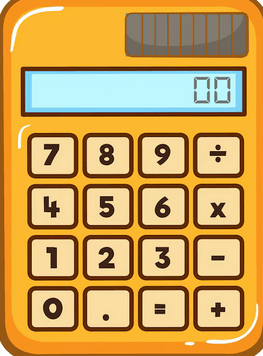System Momentum Calculator
Why we use a System Momentum Calculator? It will show total motion of parts. It can add up each part’s push. It…
Why we use a System Momentum Calculator? It will show total motion of parts. It can add up each part’s push. It helps you see how a group moves. The tool will ask for mass and speed for each part.
Then it will add the results. You will get one number. That number tells how the whole system moves. It can aid teachers, engineers, and makers. It will save time and cut mistakes. Use it in labs, on the shop floor, or in class.
How to calculate System Momentum in a real case
An engineer is teaching a small team now. She puts two carts on a track. She tells them to note mass and speed. The first cart has mass 2 kg. It moves at 3 m/s to the right. The second cart has mass 1.5 kg. It moves at 2 m/s to the left. She shows the class how to find total momentum. She points at each cart. They write numbers on the board. She will explain why direction matters. They will see the net motion of the pair.
Calculate the values — step by step
First, know the formula.
System momentum = sum of (mass × velocity) for all parts.
Second, list data.
Cart A: mass = 2 kg, velocity = +3 m/s.
Cart B: mass = 1.5 kg, velocity = -2 m/s. (Left is negative.)
Third, compute each part.
Momentum A = 2 × 3 = 6 kg·m/s.
Momentum B = 1.5 × -2 = -3 kg·m/s.
Fourth, add them.
Total momentum = 6 + (-3) = 3 kg·m/s.
Fifth, read result.
The system moves to the right. The net push is 3 kg·m/s.
Sixth, check signs.
If both go same way, add both. If not, subtract the smaller push.
FAQs
Q: Can velocity be zero?
A: Yes. Zero speed gives zero momentum.
Q: Do I need direction?
A: Yes. Use plus or minus for direction.
Q: Will units matter?
A: Yes. Use kg for mass and m/s for speed.
Final Words
Quick trick: multiply mass by speed for each item, then add with signs. Using a calculator will cut errors and speed up work.
